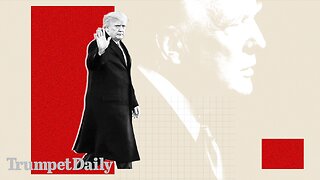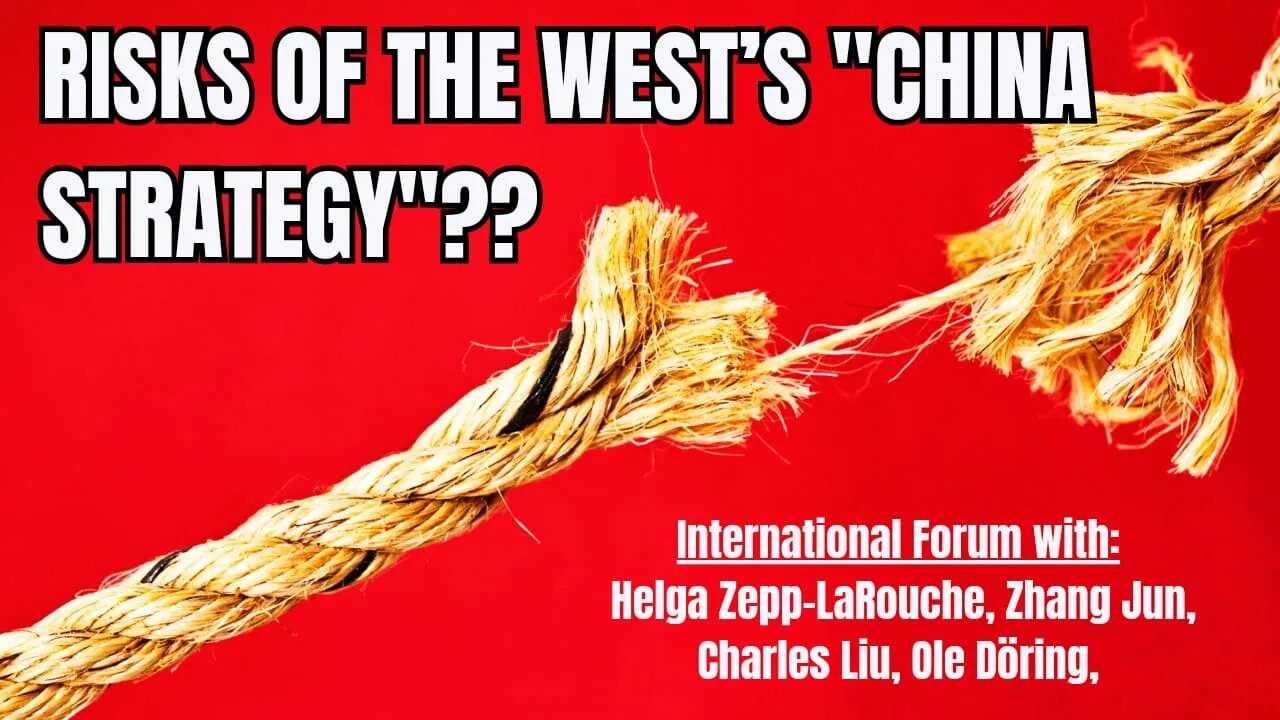Risks of the West’s "China Strategy"?
International Forum (Zoom) on Wednesday, June 7, 2023, from 15:00 - 17:00 CEST
We cordially invite you to an online forum to discuss the challenges of the West's current China
policy.
Speakers include
- Helga Zepp-LaRouche, President of the International Schiller Institute, Germany
- Zhang Jun, Dean of the School of Economics at Fudan University in Shanghai, China
- Charles Liu, Senior Fellow of the Taihe Institute, China
- Ole Döring, Professor at Foreign Language Studies College of Hunan Normal University
- Thorsten Jelinek, Visiting scholar at Hertie School of Governance, Germany
In the current geopolitical environment, Western leaders are moving away from referring to
China as a "partner" and emphasizing China more as a "rival".
For example, the EU Commission recently promoted "de-risking" to reduce Europe's alleged
dependence on China in certain economic sectors. The United States "decoupling" strategy
seeks to cut China off from technology supply chains. And the German government has declared
China a security risk and is working on a plan to impose import and export controls, investment
barriers and other sanctions on China.
China, on the other hand, emphasizes that if countries want to reduce risk, they should trade
more with China. What are the options and potentials of both views?
Western sanctions against Russian energy commodities and goods have already shown the
opposite effect and have largely backfired on Europe. Will Western leaders learn from this failure
and prevent another serious miscalculation?
In reality, China is the world's most important market and production center, and its Belt and Road
Initiative is bringing infrastructure development to the majority of countries in need. Will the West
reflect on this fact and create a new paradigm of peaceful win-win cooperation?
Since the mainstream Western "narrative" leaves no space for such a debate, we want to provide
a platform for a broad alliance of international thinkers, entrepreneurs, and policy strategists to
have a public conversation.
-
0/2000
-
 LIVE
LIVE
LFA TV
1 day agoThe End of the Trans-Atlantic Alliance | TRUMPET DAILY 2.17.25 7PM
327 watching -
 LIVE
LIVE
2 MIKES LIVE
4 hours ago2 MIKES LIVE #181 Deep Dive Monday!
136 watching -
 LIVE
LIVE
Quite Frankly
5 hours ago"Low Tide at The Pier: Munich Tears, World Gov Summit, More..." 2/17/25
1,268 watching -
 DVR
DVR
The Based Mother
6 hours agoBOOK BAN LIES. Karen England and the MSM fairy tale that books are being “banned” by fascists
4.77K2 -
 1:01:52
1:01:52
In The Litter Box w/ Jewels & Catturd
1 day agoBest Presidents' Day Ever! | In the Litter Box w/ Jewels & Catturd – Ep. 743 – 2/17/2025
96.7K64 -
 1:29:15
1:29:15
Simply Bitcoin
8 hours ago $9.19 earnedThey JUST Triggered A Global Gold Rush: $1M Bitcoin is coming! | EP 1184
88.6K27 -
 1:50:47
1:50:47
The Quartering
8 hours agoElon Musk's 13th Baby, Trump Attends Daytona 500, and Ramaswamy Enters the Ohio Governor's Race
122K43 -
 1:28:04
1:28:04
Russell Brand
8 hours agoBREAKING: UK Troops To Ukraine | Zelensky Wants “Army Of Europe” | JD Vance SLAMS EU Tyranny – SF538
210K56 -
 1:46:20
1:46:20
Benny Johnson
9 hours agoPANIC: Feds FLEE DC After Mass PURGE, Fired USAID Activists EXPOSED | Trump DOMINATES Daytona 500
187K232 -
 1:58:43
1:58:43
The Charlie Kirk Show
7 hours agoCBS Steps In It + Hockey Brawl + Judicial Standoff | Yoo, Schlapp, BigTree | 2.17.2025
174K48

0 Comments